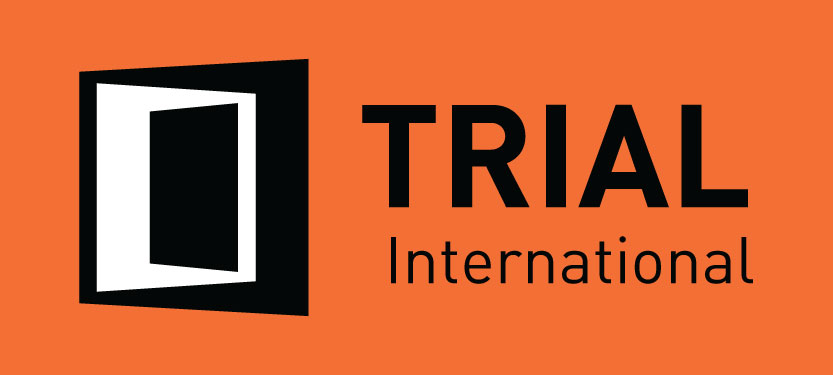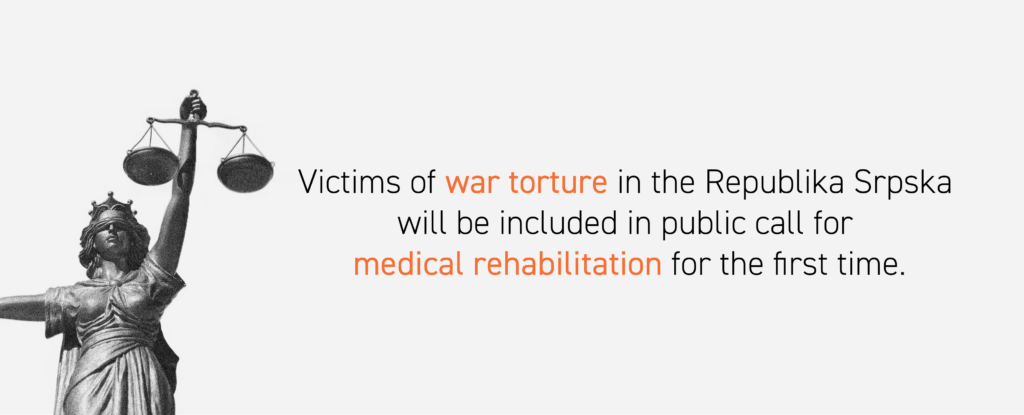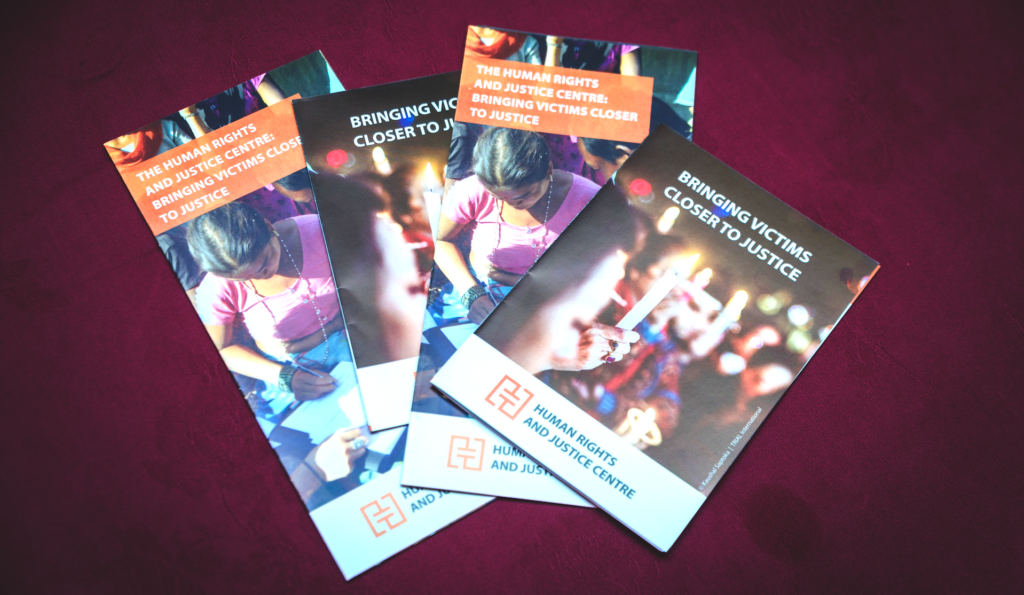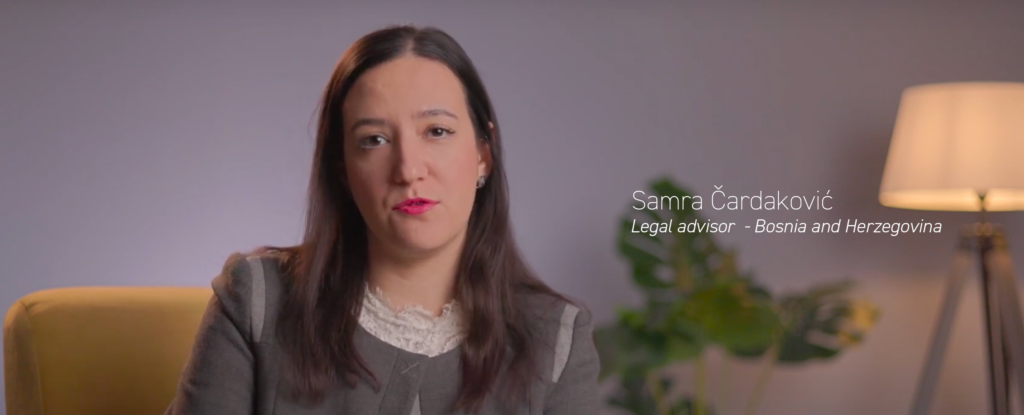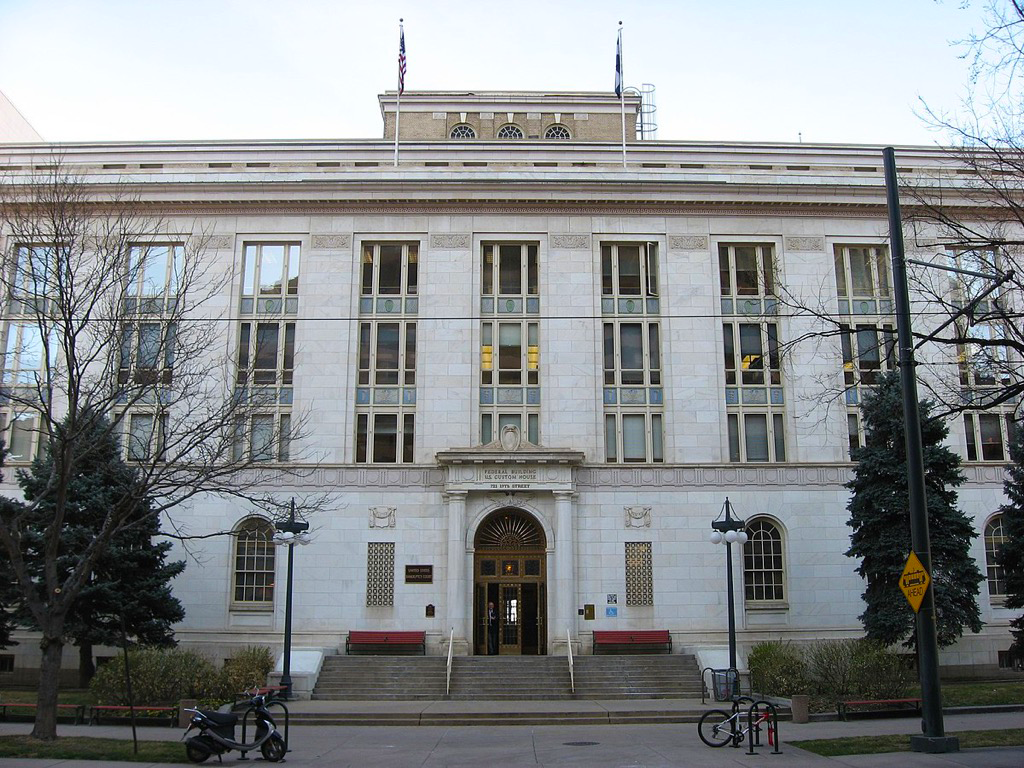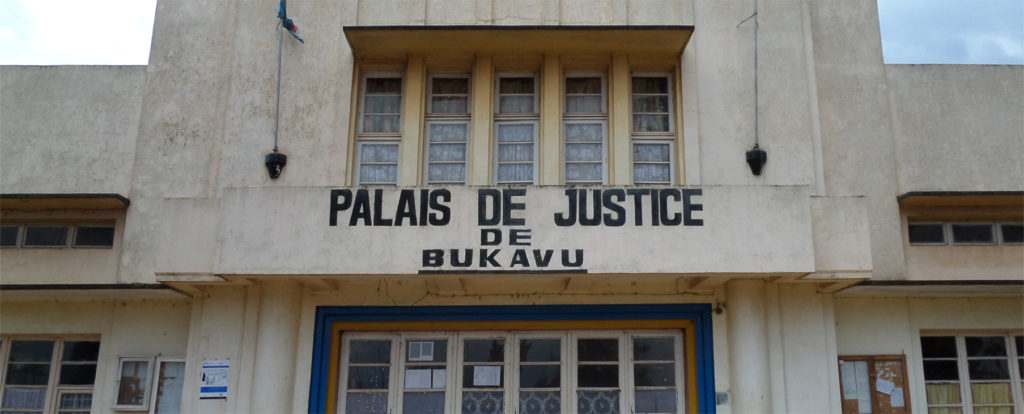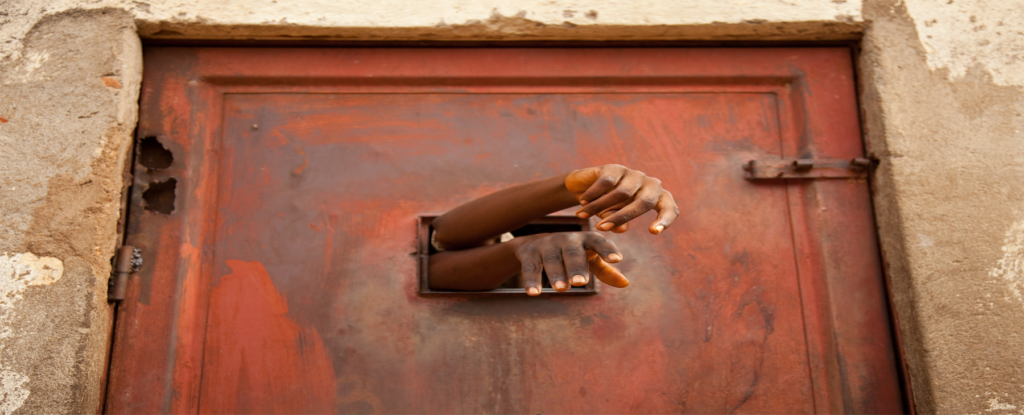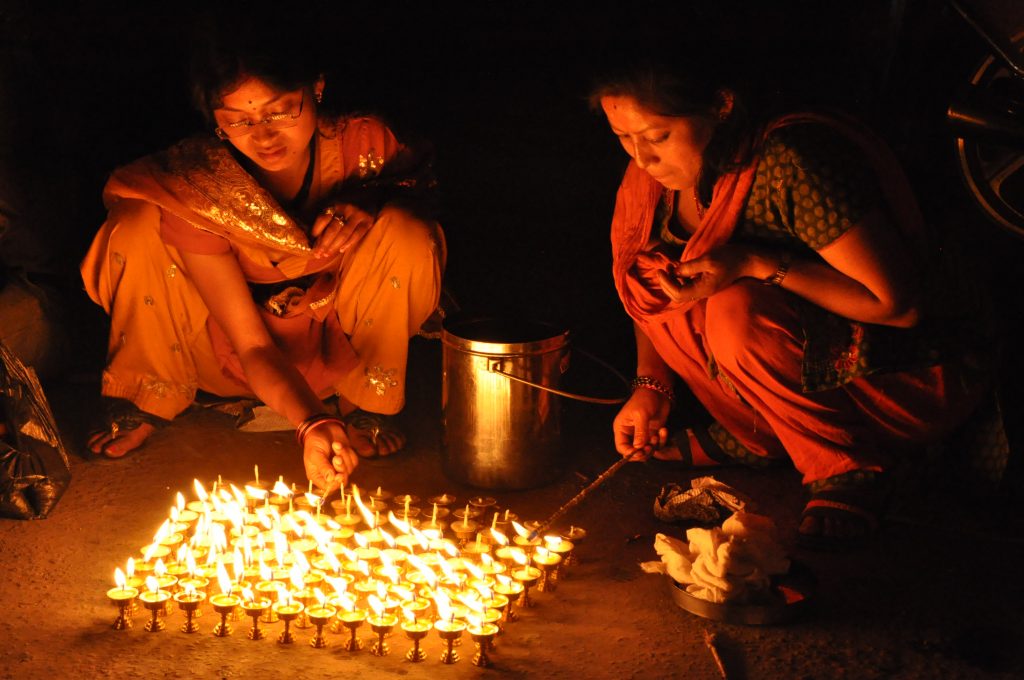Nepal condemned for covering up torture and forced labor of a minor
Impunity did not stop with the end of the civil war in Nepal. In a landmark decision issued on 22 August 2019, the United Nations Human Rights Committee (HRC) condemned Nepal for having violated a young man’s fundamental rights, and called for the case to be investigated, the perpetrators to be held accountable and reparations to be granted.
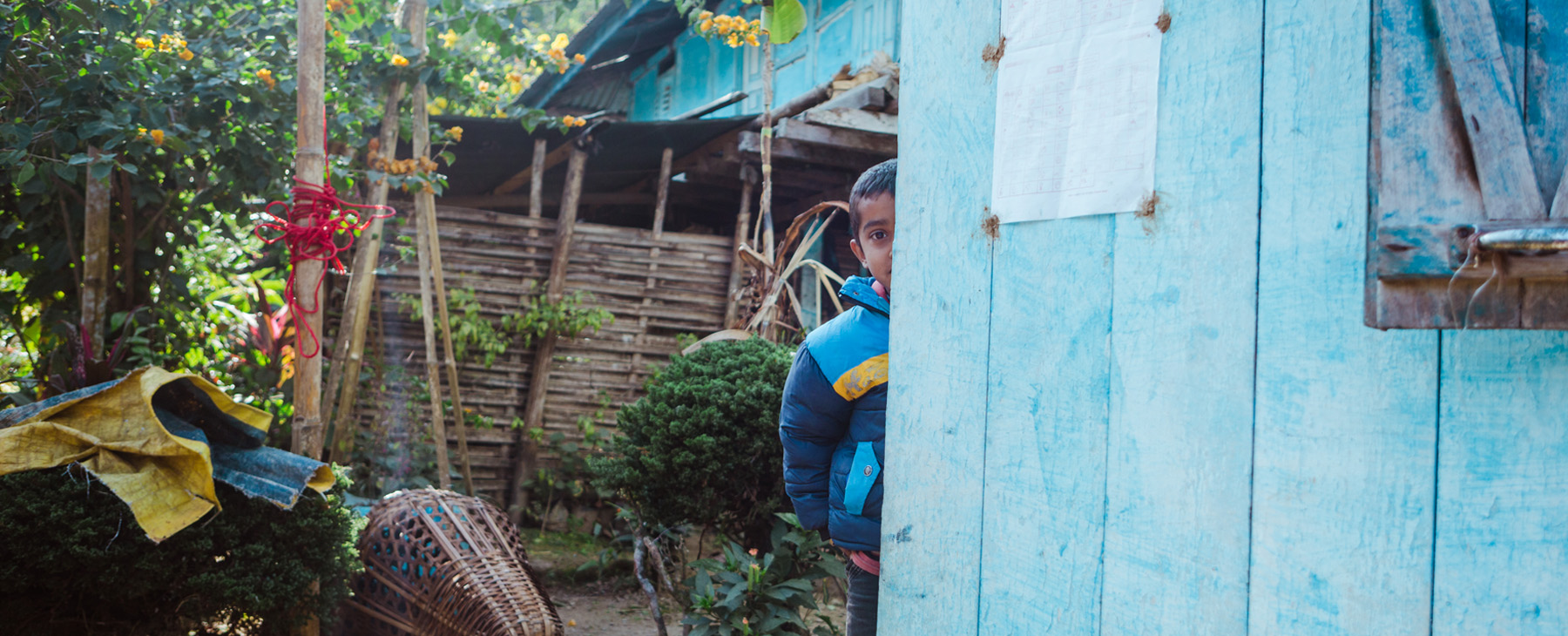
Forced to work every day from 4am to 10pm, beaten all over his body, hit with plastic pipes on the soles of his feet, electrocuted on the tips of his finger nails; the brutal treatments inflicted by an army official and the Nepalese police in 2012 on a 14-year-old child are chilling. Such practices – and the lack of prosecution of the perpetrators – did not cease with the end of the civil war in 2006. The case of Bholi Pharaka (pseudonym) is emblematic of the impunity enjoyed by State officials in peacetime.
A landmark decision from the HRC
Following a complaint submitted by TRIAL International, the HRC condemned Nepal for the torture and forced labor endured by Bholi Pharaka between the ages of 11 to 14. Among other measures of reparation, he must receive educational support and free of charge medical and psychological care. An investigation into the facts is also due; during which suspected perpetrators shall be suspended or removed from their duties.
Nepal has a record of turning a deaf ear to HRC decisions. To foster implementation of its Views in the country, for the first time the HRC has requested the government to identify the domestic authorities in charge of granting each measure of reparation and provide this information within the next 180 days.
“Legislation related to torture and forced labor, especially concerning minors, is clearly deficient”, said Helena Rodríguez-Bronchú Carceller, Head of TRIAL International’s Nepal program. “The decision points out that the recent criminalization of torture is still at odds with international standards. This is not the first time that the rampant impunity in Nepal has been denounced by the UN. But this case shows how the lack of accountability operates, not only because of the legal loopholes, but also because of the unchecked power State officials enjoy.”
Bholi Pharaka’s story
Aged 14, Bholi Pharaka was accused of theft by his foster family, including an army officer who was supposed to sponsor Bholi Pharaka’s education. Instead, they forced him to work every day non-stop from the age of 11. They never gave him any compensation or allowed him to attend school. Escaping from the family’s house did not put an end to his suffering. The family used its power and influence to push a fake complaint against him forward. He was arrested, tortured by the police, and forced to confess by stamping his fingerprints on a document he was not able to read. He was then detained for nine months without clear charges brought against him.
When he sought to denounce the torture and forced labor he had suffered, the Nepalese authorities repeatedly ignored his claims, and sometimes even refused to register them altogether. To date, none of the perpetrators have been prosecuted or punished, and Bholi Pharaka has received no reparation for the harm suffered. In an attempt to assert his rights outside Nepal, he referred his case to the HRC in 2016.
